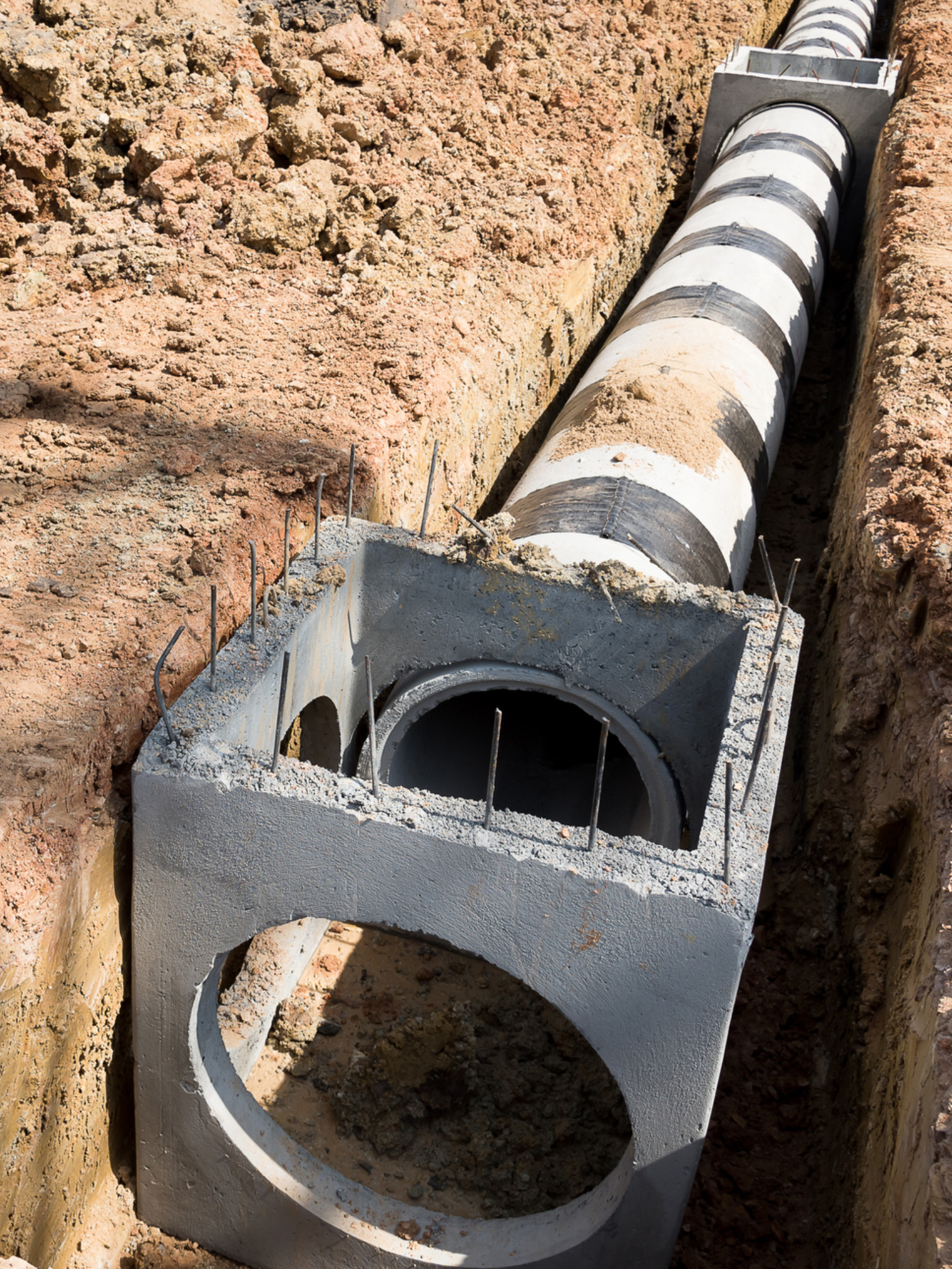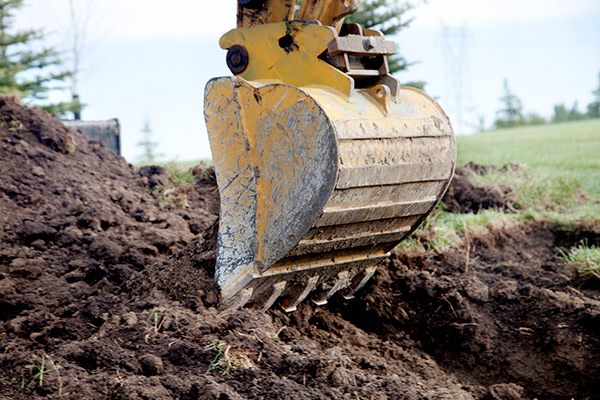Cost Effective Lancaster Excavation - Quality Excavation at Competitive Rates
Cost Effective Lancaster Excavation - Quality Excavation at Competitive Rates
Blog Article
Comprehensive Excavation Strategies: Grasping the Principles for Success
The mindful planning, accurate implementation, and precise interest to information required in excavation tasks demand a comprehensive strategy that encompasses various basic aspects. The true proficiency exists not merely in understanding these fundamentals yet in effortlessly incorporating them to navigate the complexities of excavation projects with finesse.
Recognizing Excavation Job Preparation

The first phase of any kind of excavation project is the planning phase, where critical decisions are made that can dramatically impact the result of the task. Comprehending the job scope, timeline, and budget plan restraints is essential for producing an extensive excavation plan that ensures the task's success.
One secret aspect of excavation project planning is the growth of a thorough timeline that outlines the series of turning points, tasks, and deadlines. This timeline offers as a roadmap for the project group, allowing them to track progression and make necessary changes to ensure the task remains on routine. Additionally, a distinct spending plan that makes up all expenditures, including devices rental, labor costs, and products, is vital for staying clear of cost overruns and hold-ups. By carefully thinking about all these factors during the drawing board, excavation tasks can be performed successfully and effectively, bring about effective end results.
Dirt Analysis and Website Examination
Conducting extensive soil evaluation and website assessment is a critical action in the preparation stage of any type of excavation project. Dirt evaluation includes identifying the make-up, structure, and residential properties of the soil at the excavation website. This info is essential for understanding the soil's bearing capability, wetness material, and possibility for disintegration, which are crucial variables in establishing the excavation methods and equipment needed for the job.
Website evaluation surpasses soil evaluation and incorporates a more comprehensive evaluation of the general website conditions. This assessment includes recognizing any kind of potential threats, such as below ground utilities, ecological concerns, or unstable terrain, that could impact the excavation procedure. By extensively reviewing the site, task supervisors can create efficient excavation methods that prioritize safety, performance, and environmental management.
Utilizing sophisticated technologies like ground-penetrating radar, dirt sampling, and drone surveys can improve the precision and performance of soil evaluation and site examination. Investing time and sources in these initial steps can inevitably conserve time and avoid costly hold-ups or issues during the excavation procedure.
Tools Selection and Utilization
Efficient excavation tasks rely heavily on calculated tools selection and application to ensure optimum efficiency and productivity. Picking the right tools for the work is critical in maximizing effectiveness and lessening downtime. Factors such as the kind of soil, deepness of excavation, and task extent play a considerable function in figuring out one of the most ideal devices for the task at hand.

Along with picking the appropriate tools, correct usage is key to task success. Operators has to be educated to deal with the tools securely and successfully - excavating ohio. Normal upkeep checks and prompt fixings help protect against malfunctions and make sure consistent efficiency throughout the job
Precaution and Regulations Conformity
In the realm of excavation projects, focusing on security procedures and compliance with laws is vital to guaranteeing a lawfully audio and secure operational atmosphere. Precaution include a variety of lancaster excavation practices, consisting of conducting complete website assessments, carrying out correct signs and obstacles, and offering appropriate safety and security training for all employees associated with the excavation procedure. Adherence to regulations, such as OSHA requirements in the United States, ensures that the excavation job satisfies the required standards to shield employees, onlookers, and the surrounding environment.

Tracking Progress and Adjusting Strategies
Just how can forecast managers successfully track the improvement of excavation jobs and adapt their methods as necessary to optimize results? Surveillance progression is crucial for making sure that excavation projects stay on track and meet due dates.

Conclusion
Finally, grasping the fundamentals of comprehensive excavation approaches is crucial for the success of any kind of job. By recognizing job preparation, assessing dirt and website problems, choosing ideal devices, abiding by safety and security guidelines, and keeping track of development, job managers can make certain a smooth and effective excavation process. Implementing these techniques will certainly bring about successful results and decrease potential risks or setbacks during the excavation task.
The first phase of any excavation project is the preparation stage, where crucial choices are made that can dramatically affect the end result of the task. Comprehending the task timeline, budget, and extent restraints is important for producing a thorough excavation plan that makes sure the project's success.
How can forecast managers successfully track the innovation of excavation tasks and adapt their approaches as necessary to maximize results? By very closely checking progress and being ready to adapt strategies, project supervisors can enhance the total success of excavation tasks.
By understanding project preparation, assessing dirt and site problems, choosing ideal tools, complying with security regulations, and monitoring progress, project managers can make certain a effective and smooth excavation process.
Report this page